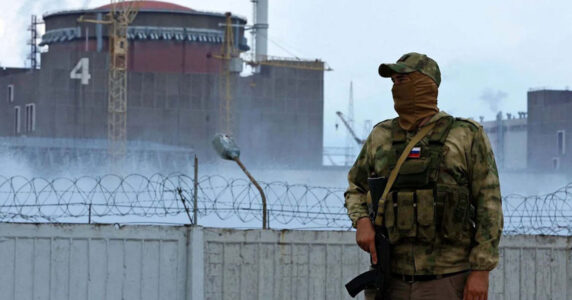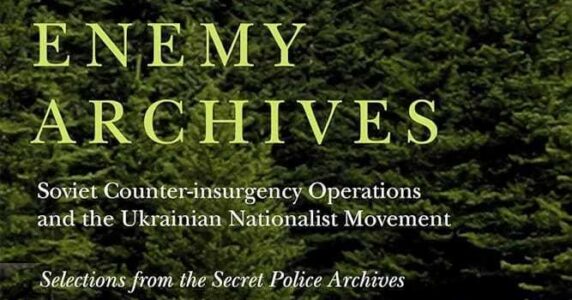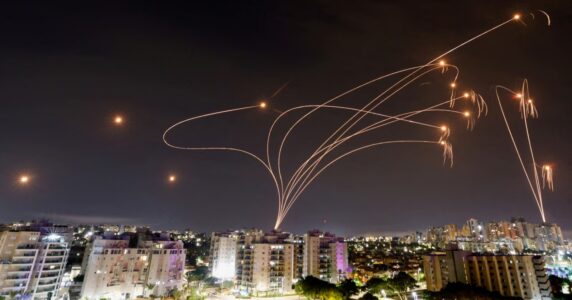Navigation and useful materials
Russia considers Ukrainian and Belarusian citizens “Russian native speakers” (RNS) by default, and on this basis, it intends to formalize this status in legal terms, which serves as a stepping stone towards Russian citizenship. Such “generosity” on Russia’s part is usually connected with aggressive intentions.
On July 12 this year, the article by the Russian President entitled “On the Historical Unity of Russians and Ukrainians” was published on his official website. In the article, Putin claimed that Russians, Ukrainians and Belarusians were one people who had to be united. As stated last year by Surkov, former “supervisor” of the Donbas from the Kremlin, fraternity was best achieved by force. It is thus no wonder that Putin’s article was included into the list of mandatory subjects for military training.
Russia has repeatedly used mass distribution of passports to justify aggression or its military presence.
“Peaceful distribution of passports has not been particularly successful: the results of the widely advertised program of ‘compatriots’ relocation’ have failed to impress, and the know-how with granting passports to foreign celebrities has not produced the intended effect… On the other hand, the use of Russian passports for military and political purposes has proven to be much more effective,” wrote journalist Dmitri Kamyshev for the Russian media outlet Vedomosti.
The trial run, according to Kamyshev, took place back in the mid-90s in Transnistria, where the distribution of passports was used to “freeze” the conflict. In Abkhazia and South Ossetia, the distribution of Russian passports eventually turned into military aggression against Georgia. In August 2008, the then Foreign Minister of Ukraine Volodymyr Ohryzko stated that the Russian Consulate General in Simferopol was issuing Russian passports to Ukrainian citizens in Crimea even though dual citizenship was prohibited in Ukraine. Prominent Crimean Tatar leader Mustafa Dzhemilev proposed closing Russian consulates on the peninsula so that they would not issue Russian passports to Crimean residents and create a pretext for annexing the Autonomous Republic of Crimea using the South Ossetian scenario.
In 2019, Putin “generously” granted the right to simplified procedure for obtaining Russian citizenship to “ORDLO” residents and then to pre-occupation residents of these territories of Crimea. They did not need to get a residence permit first, nor were they required to take any exams, unlike the less lucky regular “compatriots,” who usually have to wait for years, sometimes over a decade, to obtain the Russian citizenship. The decree was signed by Putin three days after Ukraine’s new presidential election. Experts believe he intentionally used this mechanism for pressure and blackmail.
“It is quite possible that the third shot will be fired soon, and all Ukrainian residents will be officially considered recipients of social benefits,” predicted Vedomosti two years ago.
It is therefore unsurprising that Senator Sergey Tsekov and State Duma member Andrey Kozenko (“United Russia”) have recently filed a bill with the Duma to simplify the mechanism for foreigners to obtain the status of an RNS — a “Russian native speaker.” It is meant to simplify access to this status to all Russian speakers in their place of residence outside of Russia. We remind you that this status facilitates access to the simplified citizenship procedure. Before, it was only foreigners temporarily staying or residing in Russia who could obtain it, and the application could only be filed with a regional directorate of the Ministry of Internal Affairs.
Earlier still, in March 2020, Putin signed the law abolishing the exam for Ukrainian and Belarusian citizens to be recognized as RNS, assuming them to be Russian native speakers by default. But back then, this status could only be obtained in Russia and provided the applicant had a proof that they or their lineal relatives permanently resided or had previously permanently resided in Russia, on the territory of the USSR (within the state border of the Russian Federation) or in the Russian Empire. Under the proposed innovations, “formal grounds” are no longer needed. The native language of the applicant can even be Ukrainian or Belarusian.
“Obtaining the status of an RNS is particularly important for residents of Ukraine and Belarus. Russian, Ukrainian, and Belarusian form a single East Slavic language group, so those who speak Ukrainian and Belarusian usually know Russian. The opportunity for Ukrainian citizens to obtain a status of an RNS as they wish, without any formal grounds, is particularly relevant in the situation of the anti-Russian policy in that country,” says the explanatory note to the bill.
Some four years ago, Russian demographers criticized their country’s citizenship policy. They claimed that such a random “giveaway” without assessing the resources and calculating the consequences would make Russian citizenship accessible for an indefinitely large number of individuals, which would devalue it on the global arena: “It will become accessible, like in various ‘banana republics.’”
It seems like there was no need for them to worry. Because, unless military and political interests are involved, it remains extremely difficult to obtain Russian citizenship. Russia only becomes “generous” when it needs to conquer.
In regular cases, on the other hand, the local authorities in Russian regions have made the procedure for obtaining the RNS status more difficult, as reported by Nezavisimaya Gazeta. For instance, in addition to an interview, exam cards have been introduced. Applicants for the RNS status have to show not only communication skills but also knowledge of history, law, or geography. Interestingly, these commissions, headed by officials of the Ministry of Internal Affairs, reject even graduates of Russian schools and universities. The outlet even provides a specific example from the Kaluga region, when 23 people were seen by the commission in July, and 22 of them were rejected, though some of them were people who did not even speak any other language than Russian. They included students and graduates of Russian universities. For example, one of them failed due to the questions about the three periods of the Romanov dynasty’s reign.
The Russian newspaper believes that this is all due to corruption. Yet, corruption did not prevent the mass distribution of Russian passports to residents of the occupied territories. It is not actually about corruption: the difference is that the Russian passport, just like the Russian language, have a specific purpose in foreign politics—to be tools of the hybrid war.
It may seem like Russia is only “offering” statuses and passports, while accepting or rejecting them is a personal choice. However, the danger here is the legal formalization of Ukrainians and representatives of other nationalities as Russian native speakers who suffer under the oppression of anti-Russian policies.
The Kremlin can use this at any moment as an excuse for another “liberation campaign.” All other countries should be wary, too.
If you have found a spelling error, please, notify us by selecting that text and pressing Ctrl+Enter.



